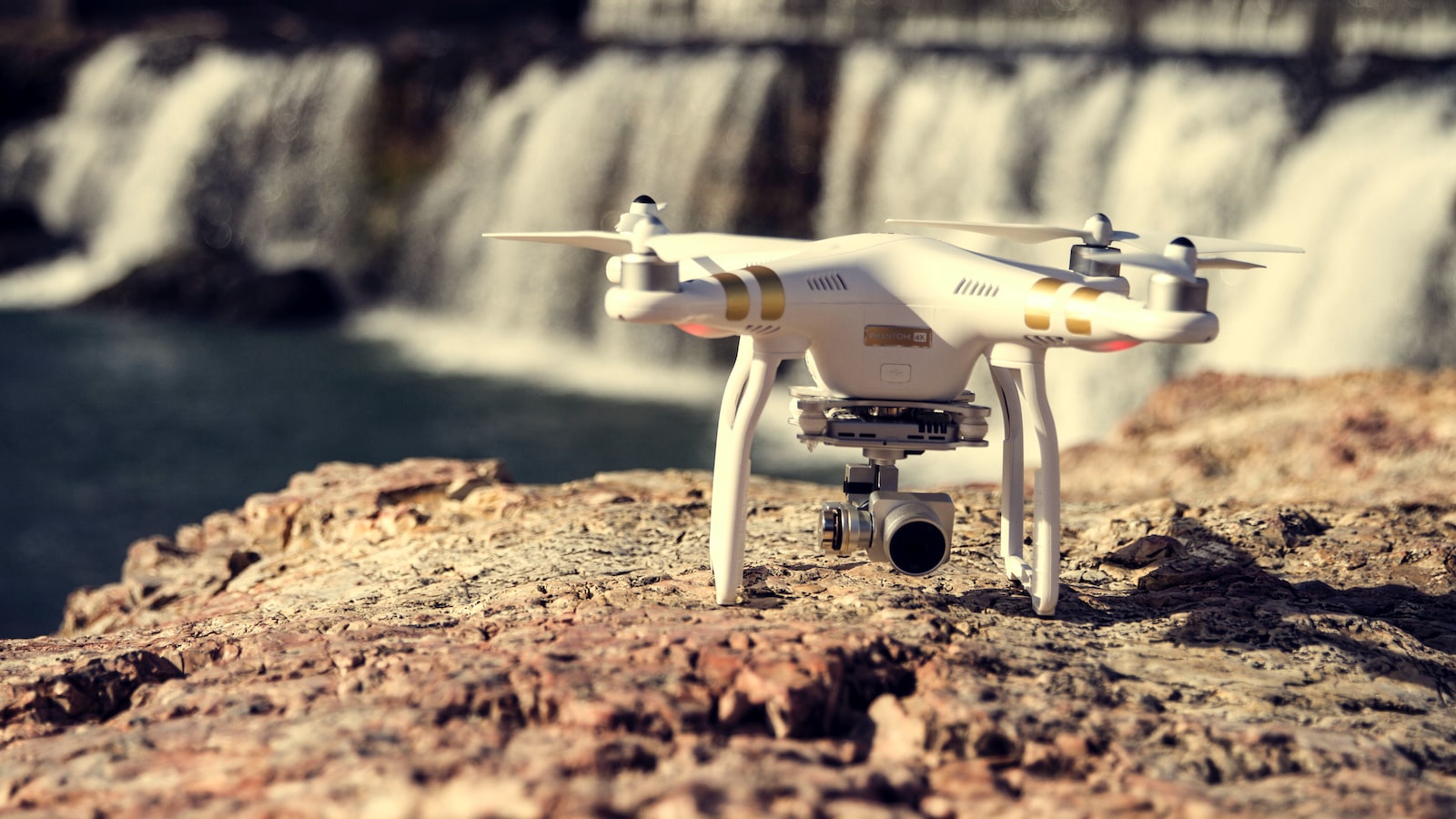
The petrochemical industry plays a significant role in global economic development. Petrochemical applications are widespread and essential for various industries such as manufacturing, agriculture, transportation, and construction. The production processes, however, often require a substantial amount of water consumption, contributing to water scarcity and environmental concerns.
Implementing effective water conservation strategies is crucial to minimize water usage, protect ecosystems, and ensure sustainable production in the petrochemical sector. Here are a few key strategies:
1. Improving Water Efficiency
One of the primary focuses of water conservation in petrochemical applications is improving overall water efficiency. This can be achieved through various measures, such as:
- Leak detection and repair programs to minimize water losses.
- Implementing advanced water treatment technologies to recycle and reuse water in processes.
- Optimizing cooling tower operations to reduce evaporation rates.

2. Employing Waterless Technologies
In certain petrochemical applications, adopting waterless technologies can significantly reduce water consumption. For example, replacing water-based solvents with dry or low-water alternatives can minimize the need for large quantities of water in cleaning and degreasing processes.
The use of catalysts, which promote chemical reactions without consuming water, is another water-conserving approach. By implementing these technologies, petrochemical companies can significantly reduce their water footprints and environmental impact.
3. Monitoring and Control Systems
Implementing advanced monitoring and control systems can help petrochemical companies optimize their water usage. Real-time monitoring of water consumption, flow rates, and quality can identify areas of inefficiency and enable proactive interventions.
Automated control systems can adjust water flows and treatment processes in response to changing operating conditions, ensuring optimal usage and reducing waste.
By implementing innovative water conservation strategies, petrochemical applications can not only reduce water consumption but also enhance operational efficiency and contribute to a sustainable future.
4. Collaboration and Knowledge Sharing
Collaboration between petrochemical companies, industry associations, and regulatory bodies is essential to develop and share best practices in water conservation. Sharing knowledge and experiences can catalyze innovation and the adoption of effective water-saving techniques across the sector.
Additionally, fostering partnerships with external organizations, such as research institutions and environmental NGOs, can promote the development of cutting-edge technologies and solutions for water management in petrochemical applications.

Conclusion
Water conservation is critical for sustainable petrochemical production. By implementing innovative strategies, such as improving water efficiency, employing waterless technologies, implementing monitoring systems, and promoting collaboration, the petrochemical industry can reduce its impact on water resources, enhance operational efficiency, and contribute to a more sustainable future.
Adopting these strategies not only benefits the environment but also yields economic advantages by reducing costs associated with water consumption and wastewater treatment.
It is imperative for petrochemical companies to prioritize water conservation and work collectively to build a more sustainable and resilient future.





